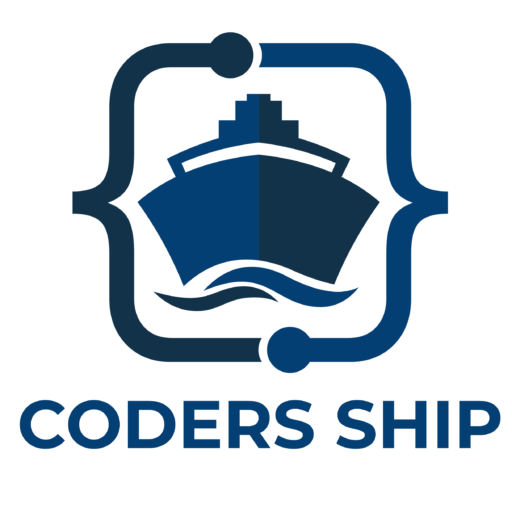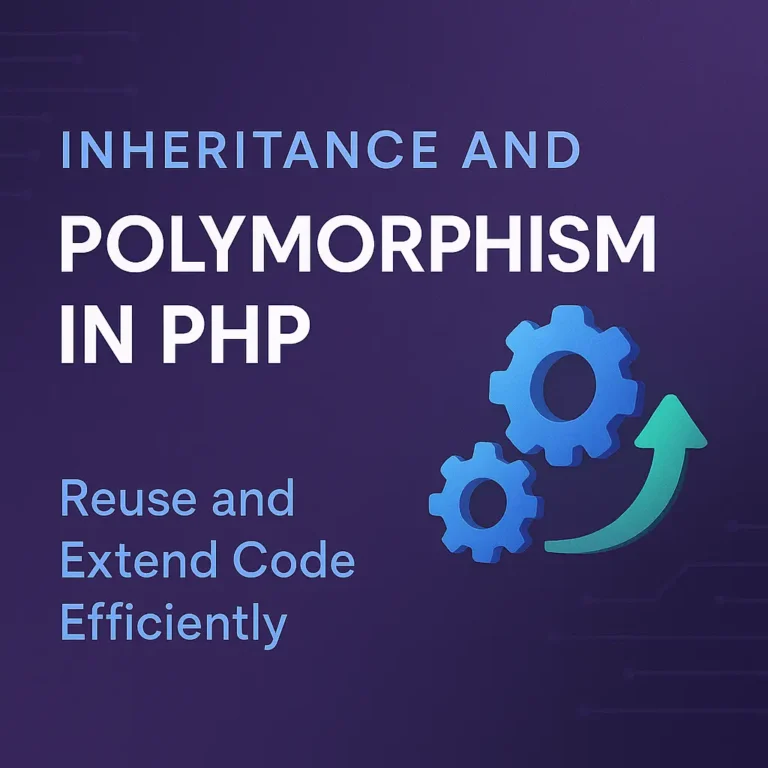In this article, we will explore each of the SOLID principles in the context of PHP, providing explanations and code examples to illustrate their application.
Single Responsibility Principle (SRP)
The Single Responsibility Principle states that a class should have only one reason to change, meaning it should only have one job or responsibility. This principle helps in reducing the complexity of classes and makes them easier to understand and maintain.
Example: Single Responsibility Principle in PHP
class User {
private $name;
private $email;
public function __construct($name, $email) {
$this->name = $name;
$this->email = $email;
}
public function getName() {
return $this->name;
}
public function getEmail() {
return $this->email;
}
}
class UserRepository {
public function save(User $user) {
// Code to save user to database
echo "Saving user: " . $user->getName() . "\n";
}
}
class EmailService {
public function sendWelcomeEmail(User $user) {
// Code to send welcome email
echo "Sending welcome email to: " . $user->getEmail() . "\n";
}
}
// Client code
$user = new User("John Doe", "john@example.com");
$userRepo = new UserRepository();
$userRepo->save($user);
$emailService = new EmailService();
$emailService->sendWelcomeEmail($user);
In this example, the User class is responsible for storing user data, the UserRepository class is responsible for saving user data, and the EmailService class is responsible for sending emails. Each class has a single responsibility, adhering to the SRP.
Open/Closed Principle (OCP)
The Open/Closed Principle states that software entities (classes, modules, functions, etc.) should be open for extension but closed for modification. This means you should be able to add new functionality without changing existing code, which helps in avoiding bugs and reducing the risk of introducing errors.
Example: Open/Closed Principle in PHP
interface PaymentMethod {
public function processPayment($amount);
}
class CreditCardPayment implements PaymentMethod {
public function processPayment($amount) {
echo "Processing credit card payment of $amount\n";
}
}
class PayPalPayment implements PaymentMethod {
public function processPayment($amount) {
echo "Processing PayPal payment of $amount\n";
}
}
class PaymentProcessor {
private $paymentMethod;
public function __construct(PaymentMethod $paymentMethod) {
$this->paymentMethod = $paymentMethod;
}
public function process($amount) {
$this->paymentMethod->processPayment($amount);
}
}
// Client code
$creditCardPayment = new CreditCardPayment();
$paymentProcessor = new PaymentProcessor($creditCardPayment);
$paymentProcessor->process(100);
$payPalPayment = new PayPalPayment();
$paymentProcessor = new PaymentProcessor($payPalPayment);
$paymentProcessor->process(200);
In this example, the PaymentProcessor class is closed for modification but open for extension. New payment methods can be added by implementing the PaymentMethod interface without modifying the existing PaymentProcessor class.
Liskov Substitution Principle (LSP)
The Liskov Substitution Principle states that objects of a superclass should be replaceable with objects of a subclass without affecting the correctness of the program. This ensures that a subclass can stand in for its superclass.
Example: Liskov Substitution Principle in PHP
class Bird {
public function fly() {
echo "Flying\n";
}
}
class Duck extends Bird {
public function fly() {
echo "Duck flying\n";
}
}
class Ostrich extends Bird {
public function fly() {
throw new Exception("Ostriches can't fly");
}
}
function letBirdFly(Bird $bird) {
$bird->fly();
}
// Client code
$duck = new Duck();
letBirdFly($duck); // Outputs: Duck flying
$ostrich = new Ostrich();
try {
letBirdFly($ostrich); // Throws exception: Ostriches can't fly
} catch (Exception $e) {
echo $e->getMessage() . "\n";
}
In this example, the Ostrich class violates the LSP because it cannot fly, which is an expected behavior from the Bird class. This breaks the substitution principle as Ostrich cannot be used wherever Bird is expected without causing issues.
Interface Segregation Principle (ISP)
The Interface Segregation Principle states that a class should not be forced to implement interfaces it does not use. Instead, smaller and more specific interfaces should be created so that implementing classes only need to be concerned with the methods that are of interest to them.
Example: Interface Segregation Principle in PHP
interface Workable {
public function work();
}
interface Eatable {
public function eat();
}
class HumanWorker implements Workable, Eatable {
public function work() {
echo "Human working\n";
}
public function eat() {
echo "Human eating\n";
}
}
class RobotWorker implements Workable {
public function work() {
echo "Robot working\n";
}
}
// Client code
$humanWorker = new HumanWorker();
$humanWorker->work(); // Outputs: Human working
$humanWorker->eat(); // Outputs: Human eating
$robotWorker = new RobotWorker();
$robotWorker->work(); // Outputs: Robot working
In this example, Workable and Eatable are separate interfaces. HumanWorker implements both interfaces because it can work and eat, while RobotWorker only implements Workable because it doesn’t need to eat. This follows the ISP by avoiding a single interface that forces unnecessary method implementations.
Dependency Inversion Principle (DIP)
The Dependency Inversion Principle states that high-level modules should not depend on low-level modules. Both should depend on abstractions (e.g., interfaces). Abstractions should not depend on details. Details should depend on abstractions.
Example: Dependency Inversion Principle in PHP
interface Logger {
public function log($message);
}
class FileLogger implements Logger {
public function log($message) {
echo "Logging to file: $message\n";
}
}
class DatabaseLogger implements Logger {
public function log($message) {
echo "Logging to database: $message\n";
}
}
class UserController {
private $logger;
public function __construct(Logger $logger) {
$this->logger = $logger;
}
public function createUser($name) {
// Code to create user
$this->logger->log("User $name created");
}
}
// Client code
$fileLogger = new FileLogger();
$userController = new UserController($fileLogger);
$userController->createUser("John Doe");
$databaseLogger = new DatabaseLogger();
$userController = new UserController($databaseLogger);
$userController->createUser("Jane Smith");
In this example, the UserController class depends on the Logger interface rather than a specific implementation of a logger. This allows for different logging implementations to be used without modifying the UserController class, adhering to the DIP.
Conclusion
The SOLID principles are essential guidelines for designing robust, maintainable, and scalable object-oriented systems. By adhering to these principles, developers can create code that is easier to understand, extend, and maintain. In PHP, these principles help in building applications that are flexible and resilient to change.
Single Responsibility Principle (SRP): Ensures a class has only one reason to change, promoting simplicity and cohesion.
Open/Closed Principle (OCP): Allows extending the behavior of a system without modifying existing code, fostering flexibility.
Liskov Substitution Principle (LSP): Ensures that subclasses can replace their base classes without altering the correctness of the program.
Interface Segregation Principle (ISP): Promotes the use of smaller, more specific interfaces to prevent unnecessary implementations.
Dependency Inversion Principle (DIP): Encourages the dependence on abstractions rather than concrete implementations, enhancing modularity.
By incorporating these principles into your PHP codebase, you can significantly improve the quality and maintainability of your software projects.






